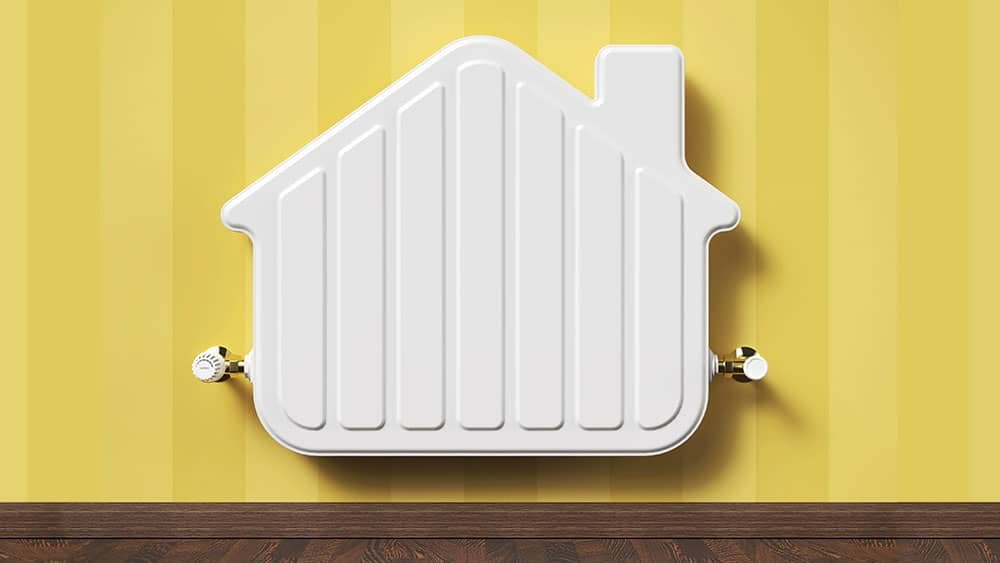Understanding your heating system goes beyond knowing how to adjust the thermostat or turn it on and off. Delving deeper into your heating system’s functionality, components, and maintenance can offer a range of benefits that contribute to your comfort, energy efficiency, and cost savings. Discover more here.
Optimized Comfort
A thorough understanding of your heating system allows you to fine-tune its settings to achieve the desired level of comfort. You can adjust temperature settings based on your preferences and the specific needs of different rooms. Additionally, knowing how your system distributes heat helps you position furniture and manage airflow to avoid hot or cold spots, ensuring an evenly heated environment throughout your home.
Energy Efficiency
Understanding your heating system empowers you to make energy-efficient choices. You can program your thermostat effectively, setting temperatures lower when you’re away and warmer when you’re home. This prevents unnecessary energy consumption and reduces your heating bills. Knowledge about your system’s efficiency rating and features also helps you make informed decisions when upgrading to a more energy-efficient model.
Timely Maintenance
Regular maintenance is crucial to keeping your heating system operating at its best. When you understand the key components and their functions, you can identify signs of wear, leaks, or inefficiencies more easily. This early detection enables you to address issues promptly, preventing costly breakdowns and ensuring your system runs smoothly. Basic maintenance tasks like cleaning filters and vents become more intuitive when you understand your heating system’s mechanics.

Cost Savings
A well-maintained and properly operated heating system translates to significant cost savings. Energy-efficient usage and timely repairs lead to reduced energy bills and fewer unexpected expenses. By understanding your heating system’s nuances, you can optimize its performance and prolong its lifespan, minimizing the need for premature replacements.
Safety Awareness
Understanding your heating system helps you recognize potential safety hazards. Gas heating systems, for instance, require a good understanding of gas lines, combustion processes, and ventilation to ensure safe operation. Recognizing warning signs such as strange odors or unusual noises can help you take immediate action and avoid dangerous situations. Regular maintenance and knowledge of safety protocols are essential for the well-being of your household.
Informed Upgrades and Repairs
When the time comes to upgrade or repair your heating system, even just upgrading your thermostat to a smart one, having a solid understanding of its components and how they interact allows you to have informed conversations with technicians. For example, if you want to upgrade your thermostat, you may need a C Wire. You need to check whether you have these common wires on thermostats before moving forward. Make sure to learn more about this before you pick the first thermostat you see, and get advice from experts.
You can discuss your needs, preferences, and budget more effectively, ensuring that any changes or fixes align with your goals. This prevents unnecessary expenses and ensures that the work performed is tailored to your specific system.
Environmental Impact
Heating systems contribute to your carbon footprint. Understanding your system’s energy sources, efficiency levels, and emissions can motivate you to make eco-friendly choices. Upgrading to a more energy-efficient system or exploring renewable heating options like heat pumps can significantly reduce your home’s environmental impact.
Empowerment and Confidence
Knowing how your heating system works instills a sense of empowerment and confidence. You’ll no longer feel at the mercy of fluctuating temperatures or be unsure about troubleshooting minor issues. Instead, you can take charge of your comfort and make informed decisions about repairs, upgrades, and energy usage.




